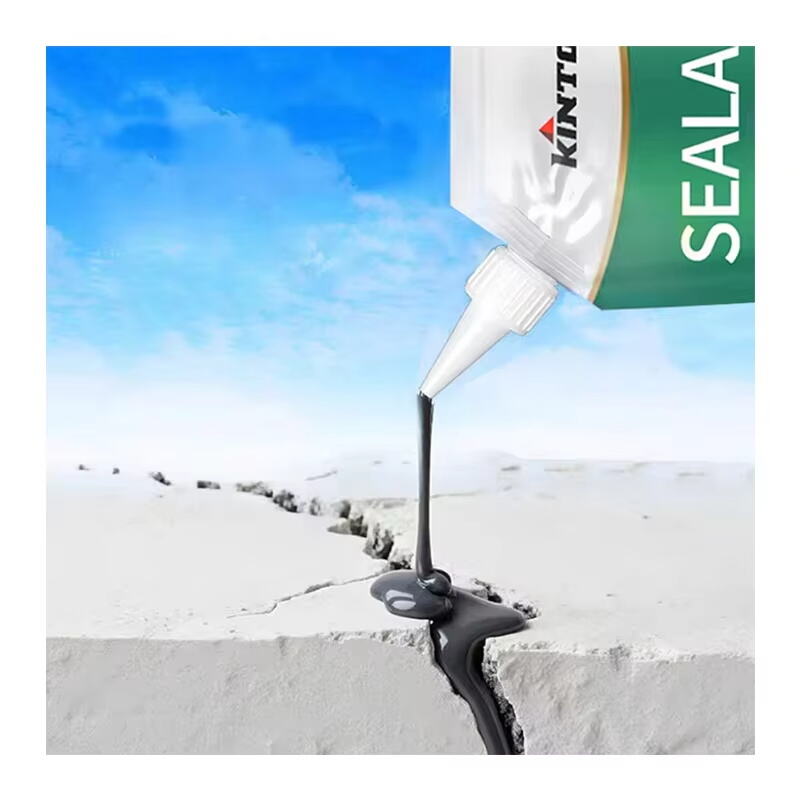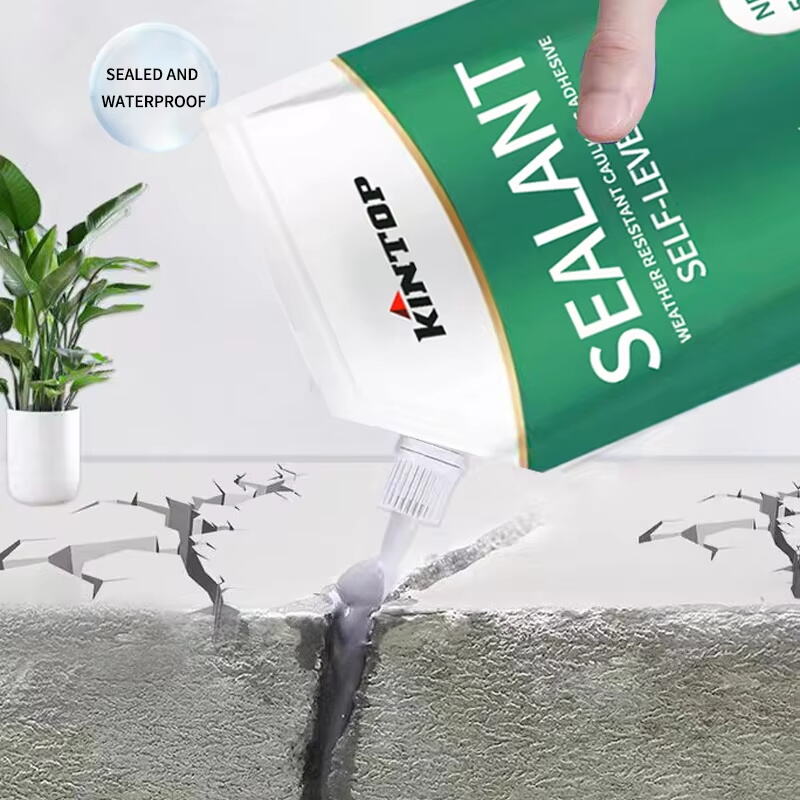הבנת ההשפעה המהפכנית של טכנולוגיית פליוריאה בבנייה מודרנית
תעשיית הבנייה עברה קפיצה אדירה בטכנולוגיות של שכבת הגנה, כאשר פוליוראה שבשלה הופכת לפתרון מהפכני ליישומים רבים. האמצעי החדשני הזה שינה את הגישה שלנו להגנת משטחים, ניקוז ותיעוד מבני בבנייה. ככל שcontractors ובעלי נכסים מחפשים פתרונות יותר עמידים, יעילים ובעלי עלות ייצור נמוכה, פוליוראה שכבת סילאן מיקמה את עצמה כמובילה בתעשייה, מציעה תכונות ביצועים ייחודיות ששכבת סילאן מסורתית פשוט איננה יכולה להתאים להן.
הגיוות והתכונות היוצאות דופן של שכבת הפוליאוריאה הביאו לכך שהיא הופכת לפופולרית יותר ויותר במבנים פרטיים, מסחריים ותעשייתיים. החל מגינה על יסודות בטון וכלה באיטום גגות ויצירת שכבת ריצוף חסרי תחרות, טכנולוגיית השכבה המופלאה הזו מוכיחה את ערכה בכל מני שימושים. ככל שנעמיק בפנימיות יתרונותיה ויישומיה של שכבת פוליאוריאה, תגלו למה היא הפכה לבחירה המועדפת של אנשי מקצוע בبناء ברחבי העולם.

הגנה ועמידות מתקדמות
תנגדות כימית וסביבתית יוצאת דופן
שכבת פוליאוריאה ייחודית ביכולת המרשימה שלה לעמוד במגוון רחב של כימיקלים, חומצות וגורמים סביבתיים. יכולת ההגנה המרשימה הזו מבטיחה שמשטחים מעובדים ישארו ללא פגע גם מול כימיקלים אגרסיביים, דליפת שמן וחומרים קורוזיביים אחרים. השכבה יוצרת מחסום בלתי חדיר המגן על החומר הבסיסי מפירוק סביבתי, קרינת UV ומצבים קיצוניים של מזג האוויר, תוך הארכה משמעותית של חיי השימוש של חומרי בנייה.
יתרה מכך, שכבת הפוליאוריאה שומרת על תכונותיה הגנתיות גם כאשר מותנית בקיצוני טמפרטורה, מהחום השורף ועד הקור הבלתי נסבל. היציבות התרמית הזו מבטיחה תפקוד עקבי לאורך כל השנה, מה שהופך אותה לבחירה אידיאלית ליישומים פנימיים ובחוץ בכל תנאי האקלים.
חוזק מכאניקלי ועמידות להשפעות
מאפיין מרשים במיוחד של ציפוי פוליאוריאה הוא הכוח המכאנלי הנוסף שלו והיכולת לעמוד במכות פיזיות. החומר מציג חוזק במתיחה גבוה ואיכות מתיחה, מה שמאפשר לו להתחנן ולהימתח מבלי להת cracking או להתנתק. גמישות זו מאפשרת לציפוי לחצות פערים ולתת תמריץ להזזה של תת-הבסיס תוך שמירה על שלמותו המוגנת.
ההתנגדות הגבוהה לפגיעה של ציפוי פוליאוריאה הופכת אותו לבעל ערך מוסף באזורים עתירי תנועה ובסביבות תעשייתיות שבהן נזק מכאנלי הוא דאגה מתמדת. בשונה מציפויים קונבנציונליים שעלולים להתנפץ או להת crack תחת לחץ, ציפוי פוליאוריאה מציג עמידות מרשימה בפני מכות, שחיקה ושימוש, ומבטיח הגנה לטווח ארוך וצורך מופחת בפיקוח ובתפעול.
יתרונות התקנה ויישום
איחוי מהיר וחזרה לשימוש
יתרון משמעותי של ציפוי פוליאוריאה ביישומים בנייה הוא זמני האפיון המהירים שלו. בשונה ממערכות ציפוי מסורתיות שעשויים להזדקקו ימים או אפילו שבועות לאפיון מלא, ציפוי פוליאוריאה מגיע בדרך כלל לאפיון מלא תוך מספר שעות או אפילו דקות לאחר היישום. מאפיין האפיון המהיר הזה תורם לעיכובים מזעריים בפרויקטים של בנייה, מאפשר חזרה מהירה לשגרה ופחתה בכללי שכר עבודה.
מהירות היישום והאיחוי של מצע הפוליאוריאה הופכת אותו למאוד יקר בתשתיות או פרויקטים בהם חשוב הזמן או כאשר אין אפשרות להשהייה ממושכת. תשתיות מסחריות, רצפות תעשייה ותשתיות ציבוריות יכולות להתחיל את פעילותן הרגילה כמעט מיד לאחר יישום המצע, וכך להקטין את ההפסקות בפעילות העסקית.
הפעלה וכסוי ללא סutures
שכבת ציפוי פוליאוריאה יכולה להיות מותקנת כממברנה חסרת חיבור, תוך הסרת נקודות תורפה פוטנציאליות ומבטיחה הגנה מלאה על פני השטח. שיטת ההלח הנותנת ציפוי אחיד, גם על גאומטריות מורכבות ומשטחים בלתי סדורים. ההלח הזה יוצר מחסום בלוקי שמונע חדירת מים ומציע ביצועי גידול מתקדמים.
היכולת להשיג עובק ותחום עקביים בין סוגים וצורות סבסטרטים שונים הופכת את ציפוי פוליוריה רב-תועלתי מאוד ביישומים בבנייה. בין אם הוא מכסה קירות אנכיים, משטחים אופקיים, או פרטים מורכבים, החומר שומר על שלמותו ועל תכונות ההגנה שלו בכל אזור היישום.
יתרונות סביבתיים ובטיחותיים
פליטת VOC נמוכה ופער הסביבתי
טכנולוגיית ציפוי פוליוריה התפתחה כדי לעמוד בתקנות סביבתיות הדוקות יותר ויותר בדרישות לקיום. תרופות מודרניות מכילות תרכובות אורגניות נדיפות (VOCs) נמוכות או אפס, מה שהופך אותן ידידותיות לסביבה ובטוחות הן עבור המיישלים והן עבור תושבי הבניין. המאפיין הזה חשוב במיוחד עבור יישומים מקומיים ופרויקטים באזורים רגישים מבחינה סביבתית.
האורך הרב של חיי השירות והעמידות של שכבת הפוליאוריאה תורמים גם הם להישגים האקולוגיים שלה על ידי הפחתת הצורך בהחלת מחזורית ושהייה. האורך הזה יוצר פחות פסולת וצריכת משאבים נמוכה יותר לאורך זמן, מה שמתאים לעקרונות הבנייה הקיימות ולიזמות של בנייה ירוקה.
תכונות ביטחון וامتثال מתקדמות
שיקולי הבטחה הם בעלי חשיבות מרכזית בפרויקטים בנדסיים, וקליטת הפוליאוריאה מציעה ביצועים י Sobhan בזירה זו. החומר עונה או עוקפת את סטנדרטי הבטחה ואת דרישות הרגולציה השכיחות לת coatings בניה. תכונות ההתנגדות לשרפה של החומר, כאשר הוא מותאם כראוי, תורמות למערכת ביטחון השרפות של הבניין.
יתרה מכך, האופי הרציף של קליטת הפוליאוריאה מונע מהצטברות של מפרצות ושרשראות במפרצים ובשרשראות שעלולות להכיל חיידקים או מזהמים אחרים, ולכן היא אידיאלית ליישומים במרפאות, אזורים לייצור מזון ועוד סביבות שבהן היגיינה היא קריטית. התנגדות הקליפה לכימיקלים תורמת לשמר משטחים נקיים ובטוחים בסביבות תעשייתיות ומסחריות.
יעילות עלות וערך לטווח ארוך
תחזוקה מופחתת וتكסיפי מחזור חיים
למרות שהשקעה ראשונית בקואטינג פוליאוריאה עשויה להיות גבוהה יותר בהשוואה למערכות קואטינג מסורתיות, היתרונות הפיננסיים לאורך זמן הם משמעותיים. הקיימות והעמידות היוצאת דופן של הקואטינג פוליאוריאה מקטינות משמעותית את הדרישות לתחזוקה ומאריכות את הפקדים בין קואטינג חוזר או תיקונים. ירידה זו בדרישות לתחזוקה תורמת לעלות חיים נמוכה יותר ותשואה טובה יותר על ההשקעה.
היכולת של החומר למנוע נזקי תת-בסיס ולחוסן בפני צורות שונות של נזקים תורמת אף היא להפחתת עלויות התיקון וההחלפה לאורך זמן. בעלי מבנים ומנהלי תשתיות יכולים לצפות בהפחתות משמעותניות בעלות תחזוקה, חומרים ותקופות של דاון-טיים.
יעילות אנרגטית ויתרונות ביצועיים
חיטוי פוליאוריאה יכול לתרום לייעילות האנרגטית של מבנים על ידי תכונות הניתוק שלו וייכולתו ליצור מחסומי חום יעילים. כאשר החיטוי מופעל על גגות או קירות חיצוניים, הוא יכול לעזור בהפחתת עלויות החימום והקירור על ידי מינון העברת החום וتحسين תפקוד מעטפת הבניין. יתרונות הלחזת האנרגיה הללו תורמות ליעילות הכלכלית הכוללת של מערכת החיטוי.
יכולות החיטוי של החומר למניעת חדירת מים תורמות גם הן למניעת נזקי לחות ואובדן אנרגיה, מה שעוזר להגביר את ערכו בתשתיות בנייה. על ידי הגנה מפני נזקי מים ושמירה על שלמות מבנית של רכיבי הבניין, חיטוי פוליאוריאה עוזר לשמר את היעילות האנרגטית הכוללת של הבניין ותפקודו.
שאלות נפוצות
כמה זמן בדרך כלל נמשכת חיי השירות של חיטוי פוליאוריאה?
שכבת פוליאוריאה, כאשר היא מותקנת ומטופחת כראוי, יכולה להימשך 20–25 שנים או יותר, תלוי בסביבת היישום והתנאים לחשיפה. קיומה של עמידות יוצאת דופן בפני מזג אוויר, קרינת UV וمواد כימיות תורמת לשירות חיים מרשים זה.
האם ניתן להטיח שכבת פוליאוריאה בתנאים מזג אוויריים שונים?
למרות שניתן ליישם את שכבת הפוליאוריאה בטווח רחב של טמפרטורות ורמות לחות, יש לשמור על תנאים אידיאליים ליישום לצורך קבלת תוצאה הטובה ביותר. החומר יכול להתייצב ביעילות בטמפרטורות בין 30-°F ל-140° F, אם כי דרישות ספציפיות עשויות להשתנות בהתאם לתבנית.
האם נדרש הכנה מיוחדת לפני יישום שכבת פוליאוריאה?
כן, הכנת משטח מתאימה היא קריטית לביצועים אופטימליים של ציפוי פוליאוריאה. הכנה זו כוללת לרוב ניקוי מקיף, הסרת מזהמים, תיקון פגמי משטח והטחת תקן מתאימה של תת-הבסיס. מומלץ לבצע את היישור על ידי קבלנים מוסמכים כדי להבטיח התקנה נכונה וביצועים לאורך זמן.

